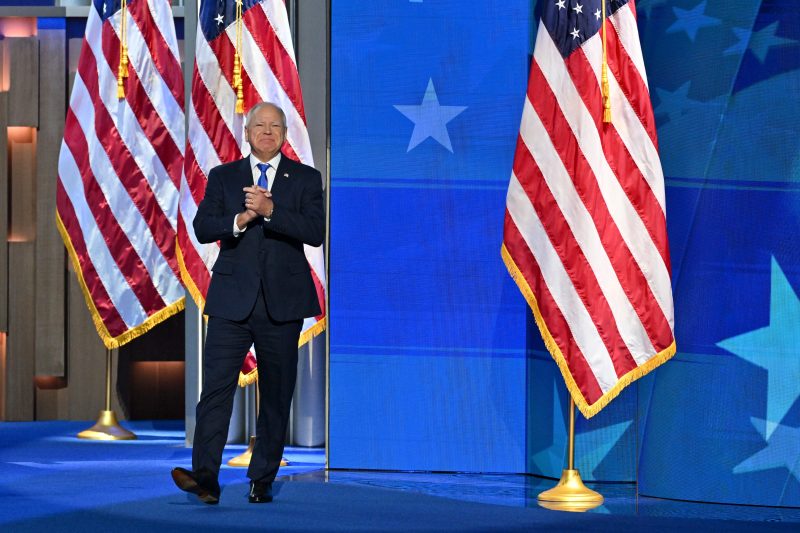In the recent political landscape, the rise of China as a global powerhouse has become a significant focal point for candidates looking to gain leverage or attack their opponents. The economic might and expanding influence of China are being exploited as a pivotal issue in campaigns across the political spectrum. This shift reflects the evolving dynamics of international relations and the increasing relevance of China in shaping global politics.
One of the key strategies employed by candidates is framing their opponents as weak on dealing with China, thus questioning their ability to protect American interests. This tactic plays into the fears and uncertainties surrounding China’s growing influence and allows candidates to position themselves as strong defenders of national security and economic stability. By capitalizing on public concerns about China’s rise, these candidates aim to sway voters with promises of robust policies to counter Chinese influence and safeguard American interests.
Moreover, candidates are leveraging the economic competition with China to appeal to voters affected by job losses and economic challenges. By highlighting China’s role in trade imbalances and job displacement, candidates seek to gain support by advocating for protectionist measures and economic policies that prioritize American interests. This approach resonates with voters who feel marginalized by globalization and seek reassurance that their leaders will prioritize domestic prosperity over global economic interests.
In addition to using China as an attack line against opponents, candidates are also emphasizing the need for a nuanced and strategic approach to managing relations with China. Recognizing the complexities of the U.S.-China relationship, some candidates are advocating for constructive engagement and dialogue to address shared challenges such as climate change, nuclear proliferation, and regional security. By presenting themselves as pragmatic and diplomatic leaders, these candidates aim to differentiate themselves from those who advocate for a confrontational stance towards China.
The weaponization of China as a political tool reflects the shifting dynamics of international politics and the increasing salience of foreign policy issues in domestic debates. As China continues to rise as a global power, candidates are likely to intensify their focus on leveraging perceptions of China to gain political advantage. However, as candidates navigate this terrain, it is crucial to carefully consider the implications of using China as a political weapon and the potential consequences for diplomacy and international relations. Balancing the need to address legitimate concerns about China’s rise with the imperative of maintaining stable and constructive bilateral relations will be essential for shaping a coherent and effective foreign policy approach towards China.


























